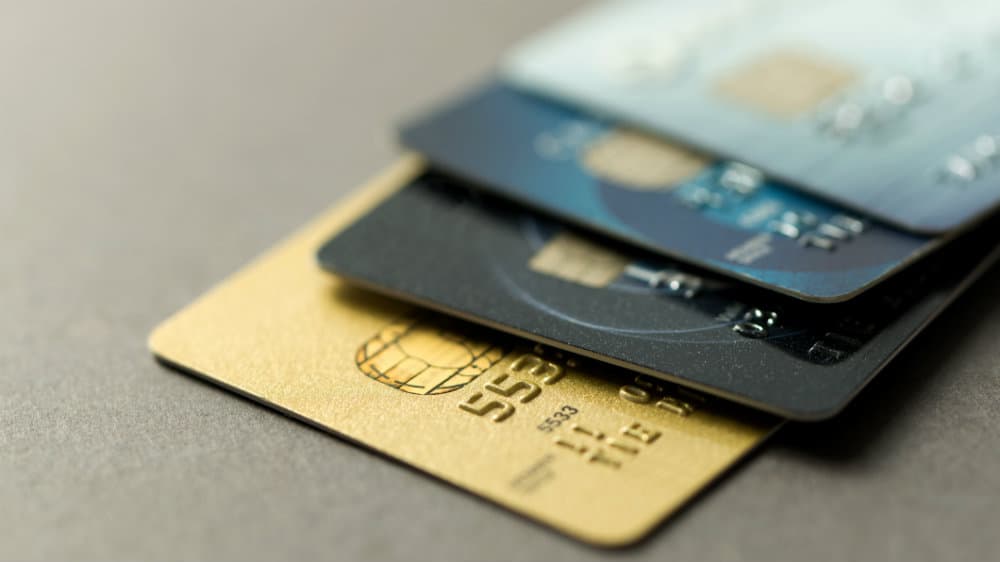Debt management company Lowell has conducted research into fraud hotspots. It’s revealed the different types of fraudulent activity taking place in the UK, including credit card fraud. In addition, Lowell has provided some top tips on how to protect yourself and your credit card from cybercriminals. The research stems from an increase in fraudulent activity reported across the UK during the pandemic. Let’s take a look.
[top_pitch]
How common is credit card fraud in the UK?
Lowell’s research revealed that:
- Nearly one-fifth (18%) of Brits have experienced payment card fraud
- 15% of Brits say they would not do any checks to guarantee a call from their bank was legitimate
- Cardiff is the place that fraudulent activity to most likely to occur, with 51% of people reporting that they have experienced some form of fraud
Lowell has also identified that nearly one in ten Brits have been affected by internet banking fraud and text fraud. In addition, one in twenty Brits has experienced mobile banking fraud and cash machine fraud.
The most common age group targeted by fraudulent activity seems to be 16-24-year-olds, with 62% of young people saying they have experienced some form of fraud.
[middle_pitch]
How serious is credit card fraud?
According to UK Finance, in 2018, the total fraud losses on UK-issued cards amounted to £671.4 million, which was up 19% from the previous year. Additionally, card ID theft increased by 59%, to £47.3 million in 2018. This occurred through phishing emails and physical stealing of mail from external mailboxes.
In 2020, the total fraud losses on UK-issued cards amounted to £574 million, a 7% drop from the previous year. Though there was a drop in the loss amount, reports of credit card fraud increased by 3% from 2019.
Credit card fraud is an international crime and fraudsters are finding increasingly innovative ways of accessing details. As a result, it’s usually difficult to build a case against fraudsters even if they’re caught.
All of this outlines why it’s so important to stay vigilant and learn how to protect yourself from fraudsters.
How can you protect yourself from credit card fraud?
The first step is to identify and understand the different types of credit card fraud. Examples include card skimming, credit card theft, phishing and ‘card-not-present’ fraud.
Beyond credit card fraud, it’s important to aware of the most common types of fraud. With fraudsters dreaming up ever more imaginative ways to part you from your money or details, and it pays to be vigilant.
The second step is knowing how to protect yourself. As technology advances and the ways in which scammers can target people expands, it can become increasingly difficult to spot the risks. Lowell recommends the following ways to protect yourself from fraud:
-
- Always use strong passwords and ensure that you are not using the same password for each of your accounts
- Be wary of unsolicited contact warning of a problem (‘act now or be fined X’) or offering an unexpected benefit (‘you’ve got a huge tax rebate waiting! Click here’).
- Always log in to sites directly, rather than clicking on links in emails or texts
- Never give out personal information or send money to anyone you don’t know or trust
- Report scams to the police on 101







